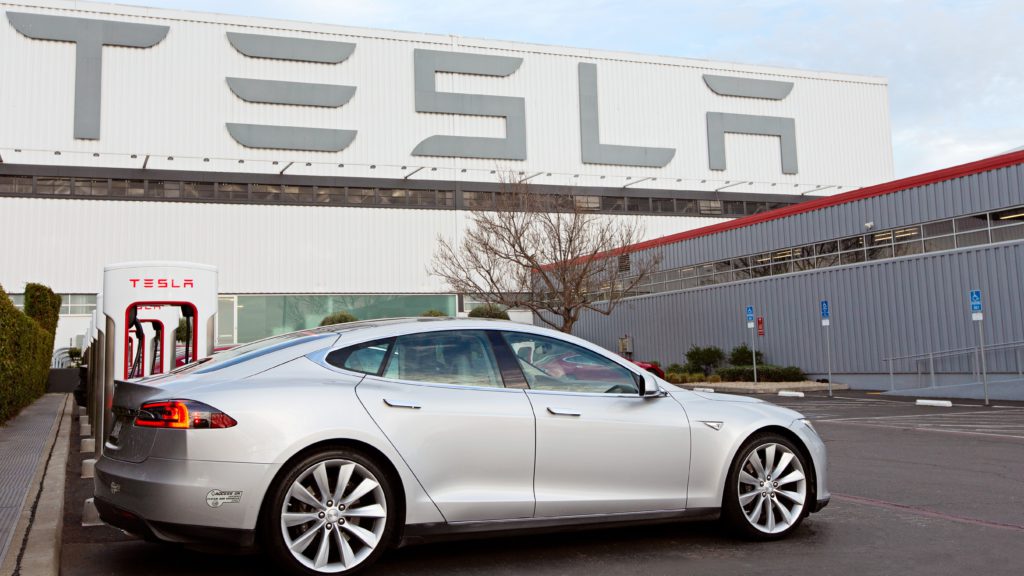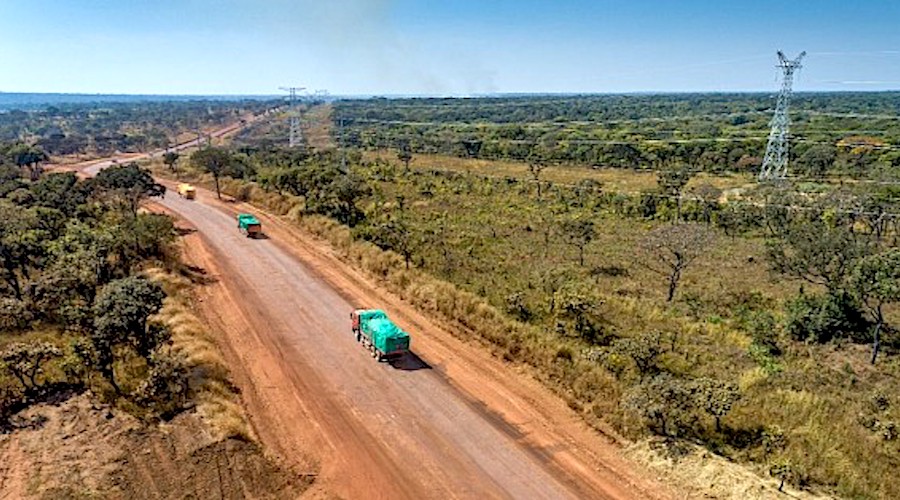Tesla battles for battery engineers commanding CFO-like salaries

If you’re tired of reading about shortages, I have some bad news for you.
We’ve talked about the lack of cars, chips, batteries, and all manner of minerals needed to make them, be it cobalt, nickel or lithium. Lately, I’ve been thinking about another pinch the industry is in: the shortage of people with the knowledge and skill to develop and produce batteries at scale.
The talent scarcity was apparent a few weeks ago when I attended Battery Brunch, an online networking event organized by the Volta Foundation, a nonprofit that aims to connect thousands of battery geeks around the world in their common mission to electrify transportation and curb climate change. It’s a monthly event, and there’s usually a slate of wonky topics discussed in breakout rooms: battery-pack failure modes, seabed mining, nanoscale materials.
Last month’s agenda included a chat with Tesla engineers and recruiting managers who spent a few hours of their Saturday answering questions about what it’s like to work for the electric vehicle leader. If the most valuable car company in the world, with a cult following and celebrity CEO, has to scrounge for battery engineers like this, what does it say about the rest of the auto industry?
Tesla has been working toward mass EV production for over a decade. These are still relatively unchartered waters for incumbent automakers. Sure, General Motors has been tinkering with EV projects since the days of the EV1. But designing, planning, hiring and building to mass manufacture EVs and batteries? This is their first big push. There are at least a dozen major battery plants that have been announced or are being built in the U.S. right now, creating thousands of jobs openings.
Median salaries for U.S. battery engineers have been climbing for years. In 2021, they ranged from around $100,000 for a junior engineer to nearly $200,000 for a director, according to a report from the Volta Foundation, which compiled data using H-1B visa applications. Battery executives in the C-suite reported salaries close to $400,000.
“A senior battery engineer in the U.S. sometimes can cost as much as a CFO,” Qichao Hu, the chief executive officer of SES AI, a solid-state battery startup backed by GM and Hyundai Motor, told me. “This whole industry now, it’s not sustainable, from people to raw materials.”
The Woburn, Massachusetts-based company has an in-house recruiter, though Hu will occasionally rely on an outside headhunter for certain positions. He does so sparingly, since they’ll in some cases charge a 25% to 35% commission on a successful hire, he said. SES recently got into a bidding war with Tesla, Rivian, GM and QuantumScape over a new hire. Tesla won out.
One battery engineer who works for a global automaker told me recruiters for Rivian, Ford, Tesla, Amazon and CATL have been showing up in his LinkedIn inbox.
An engineering degree is one thing; experience solving problems on a factory floor or sourcing raw materials are another. Ramping up a plant is hard. It can take years to yield enough good batteries to be profitable. PhDs in materials science aren’t the only ones who make that happen. There’s a shortage of line workers, too.
“It’s not even just the high-skilled, it’s the medium-skilled,” said Ryan Melsert, who helped build Tesla and Panasonic’s Nevada factory before becoming CEO of American Battery Technology, a battery-recycling company.
Tesla’s expansion plans for the factory near Reno have been stymied by worker shortages, he said. “They can’t find enough labor, even in northern Nevada, to justify expansion.”
Yen T. Yeh, a battery engineer turned entrepreneur who started the Volta Foundation with friends from MIT, said he’s been talking with universities and labs about trying to set up sort of workforce pipeline for the industry. But it’s still early days.
“Workforce development is the key issue,” he told me. “If we don’t solve this, Americans are not going to be the leader we want to be in the battery race.”
(By Gabrielle Coppola)
{{ commodity.name }}
{{ post.title }}
{{ post.date }}




Comments